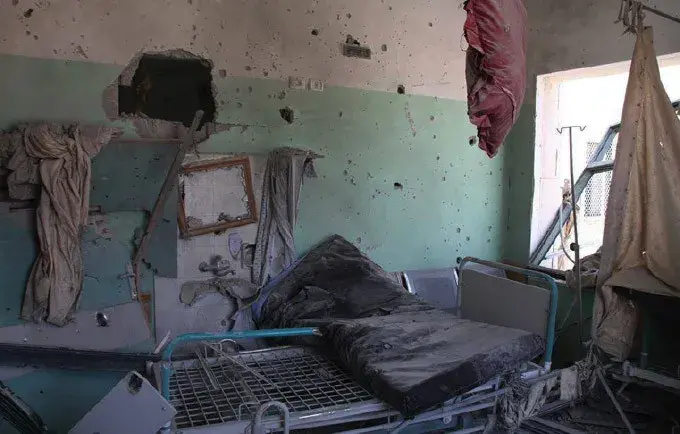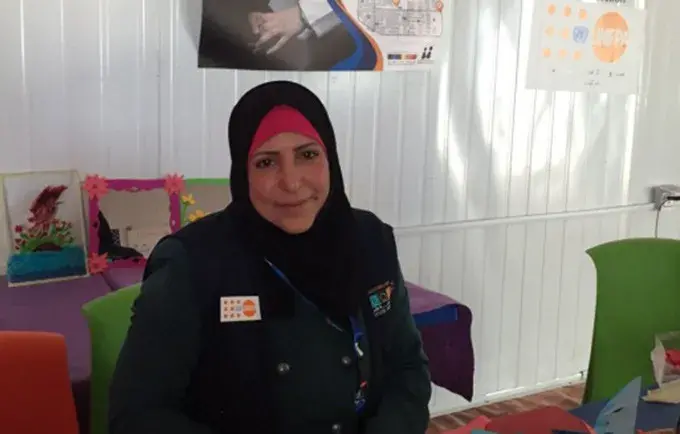In continuation of the extended partnership between the Department for International Development of the United Kingdom (DFID) and UNFPA, DFID is contributing GBP 7 million over the coming year to support UNFPA’s ongoing response to the Syria crisis. The funds will support UNFPA responses inside Syria, allowing for the continued delivery of life-saving services to populations in need throughout the country.
As of August 2019, UNFPA is delivering services inside Syria through 58 Women and Girls Safe Spaces, 94 primary healthcare facilities, 16 youth centers and 98 mobile clinics. These facilities continue to provide much-needed assistance to the 13.2 million people in need of protection and health assistance inside Syria, managed by UNFPA Syria Country Office and through cross-border operations from Gaziantep, Turkey.
With the signing of this agreement, DFID will have contributed a total of GBP 40.8 million to UNFPA’s overall Syria response since 2013. The generous support will enable UNFPA to continue serving populations in need, with a focus on supporting efforts to respond to and prevent gender-based violence (GBV). The program will also support UNFPA’s sexual and reproductive health services, which continue to be entry points for survivors to access gender-based violence services.
UNFPA is working closely with DFID to further enhance response strategies with the objective of ensuring a targeted delivery of services, taking into account the most acute needs, specific vulnerabilities and barriers to accessing services for various communities throughout Syria. Greater emphasis will be placed on facilitating access to services by vulnerable segments of the population, including adolescent girls and people with disabilities.
“We tremendously value the generous and far-reaching support we receive from DFID, a partner whose contributions to UNFPA’s regional Syria response dates back to 2013,” commented Luay Shabaneh, UNFPA Regional Director for Arab States. “As the Syria crisis enters its ninth year, it has essentially crossed a tipping point in terms of generational change, and the needs remain high. Reports by humanitarian actors region-wide confirm that all forms of gender-based violence experienced by Syrian women and girls show no signs of decline, further underscoring the need for a concerted and harmonious response.”
Of those in need inside Syria, 6.7 million and 9.5 million are women and girls in need of protection and health assistance respectively. Since the crisis, women and girls in Syria have reported that they seldom feel safe due to the increased risk of harassment, sexual exploitation, domestic and family violence, rape, and early and forced marriage. It has also been documented that rape has been used as a weapon of war in the crisis.
“UK Aid is proud to support UNFPA’s life-saving work inside Syria,” commented a DFID Spokesperson. “Given the scale and protracted nature of the Syria crisis, we believe that combating gender-based violence is a core component of the response, not only to empower and protect women and girls, but also as we strive to help all Syrian people end violence and rebuild their lives.”
In 2018, UNFPA delivered life-saving sexual and reproductive health (SRH) services to more than 2.3 million Syrians region-wide through 1,145 health facilities, mobile clinics and outreach teams. Meanwhile, a total of 1,048,135 women and girls received gender-based violence (GBV) services and 149,878 deliveries were safe. UNFPA also continued to support the empowerment of women, girls and youth through its 133 specialized women and girls’ safe spaces and 46 youth centers.




